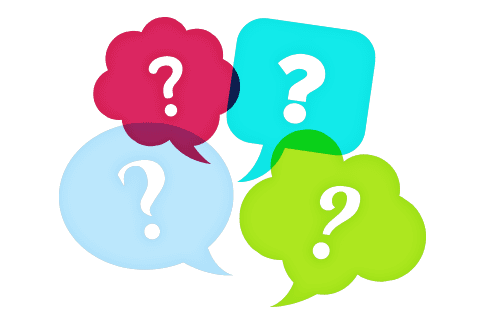
11 Translation Tips for a Successful Entrepreneur
Any expansion of a company abroad opens up new business opportunities. If you are an entrepreneur looking to expand your reach you should be able to get to the target audience properly and correctly, this means you need a translation. Following are 11 translation tips to help you with your goal and to ensure accuracy, expertise, consistency, high quality and efficiency of your marketing efforts.
11 Translation Tips for Business Expansion
Write your text with your specific target audience in mind
In order to target international customers it is very important to keep the same style of writing as in the original text. Although acronyms or colloquial expressions may sound fantastic in the brochure in your language, their meaning could be lost in another language and may lose its influence when translated. Make sure you use a native translator of your target language in order to insure the meaning of your words is perfectly translated.
Plan in advance
Never let deadlines approach and delay sending your documents for translation. Always plan your projects in time and find a translator as soon as possible. Please note that translation requires as much time as it takes to write the original document, in some cases maybe more. A professional translator can accurately translate around 2,000-3,000 words. If you have little time and you urgently need a translation, it is recommended to inform the translators so that they can develop a different strategy to accommodate you during your request. This surcharge, certainly results in a higher rate.
Do not use machine translations
The nuances of language are an important segment in the translation of a text. This feeling can be understood only by the human factor, the machines have no sense for such a job. Therefore, manual translation can never be fully replaced by machine translation. Machine-generated translations can serve only as a rough draft of a text that does not require a public announcement. Automatic translation can sometimes do more harm than good, because it is usually full of errors and does not always match the content.
Per-word rates may not reflect total costs
Although usually translators form their prices according to number of words to be translated, sometimes they can charge you more than the price per word and the total price you need to pay will be higher. They can include extra charges for project management, technology that they may use, additional charges for urgency and overtime during the weekend. Therefore, define the cost in advance to include all your requirements. Maybe this should be somewhere in a higher position in the translation tips as what you pay for the translation is important, but not as important as getting quality services. Another thing to consider is going with a translation agency which will provide extra proofreading and editing, included in the cost, which should reflect in the quality of the translation.
Consider that you get what you pay for
Cheap translation is not an advantage, but more likely that such a cheap translator can skip essential steps in the translation process. Low quality can cost you more time and money to correct mistakes at a later time. This is not only for you but can also hurt your customers, and reputation is always important.
Look for expertise and experience
While it is still important, the price is not the determining factor for a transfer. Quality is the most important. To check what you can expect from your linguist, you can ask for recommendations from previous clients, read any feedback on their website, or check out their profile on a social network. These comments usually genuinely characterize the quality of your linguist, their expertise in your industry, and thus determine the quality you might expect from him.
Samples do not necessarily reflect quality
To ensure the quality of work of your translator, you might ask them for a copy of their previous work. But keep in mind that the sample is not always an indicator of the skills of the translator and will not always fully express their abilities. Take a step further and go with a company, they usually screen their translators and some even provide training for them, which means you’ll have a more experienced linguist doing the work. Another of the 11 translation tips you should think about.
A detailed brief is important
It is important to give detailed information to your translator to give them directions as to what they should pay particular attention to, so that the translation meets your expectations. It is important to know who your target audience is and what the target location is to make sure that the translator will understand the demographics of your target audience.
Designate a contact person
For more effective communication and in the interest of time, when you need to explain some things to the translator it is important to have their contact details at hand. This way you can get answers to your questions in real time and will enable the translator to work more efficiently on your project.
Make room for expansion
The concept called “factor of expansion” gives the linguist room to develop your text, if the translation requires it. Keep in mind that it may be impossible in some languages to use the same vocabulary as the original in order to maintain the same sense of the text.
Examine legal, religious and cultural differences
Legal, cultural or religious differences when translating from one language to another can produce illegal or offensive text. As such, the translator must be fully familiar with the legal, cultural and religious characteristics of the people whose language is the target for translation.
This about sums it up, if you follow the above translation tips you’ll have your marketing materials perfectly translated and localized for your target market.

